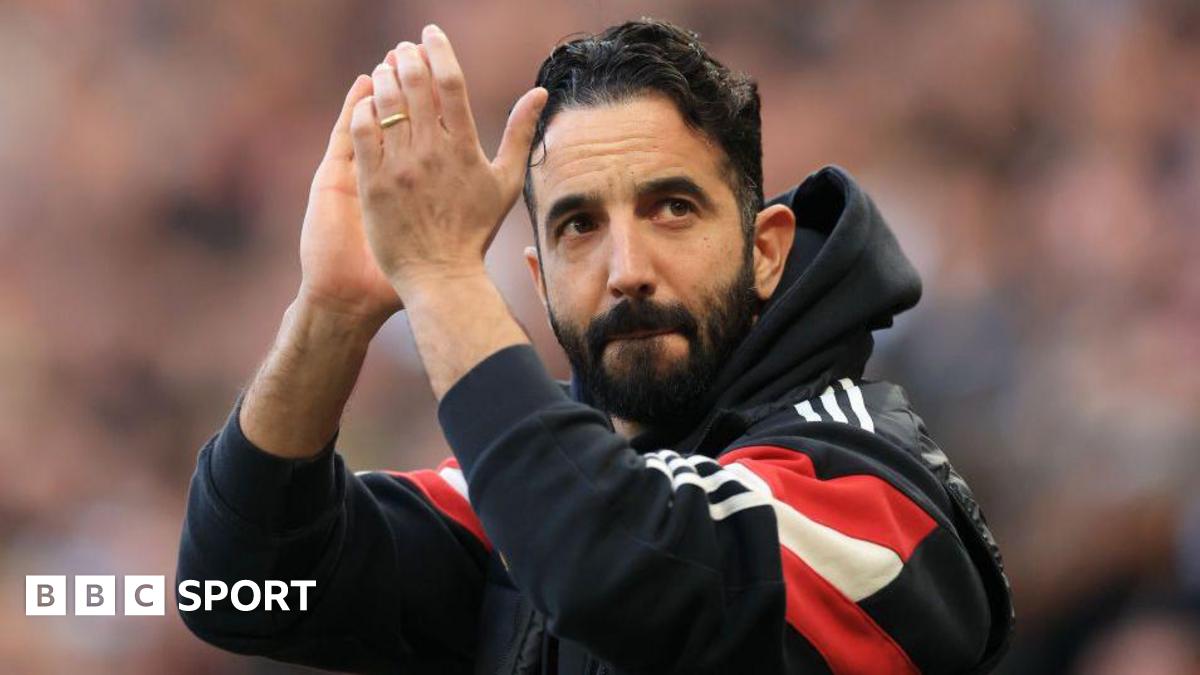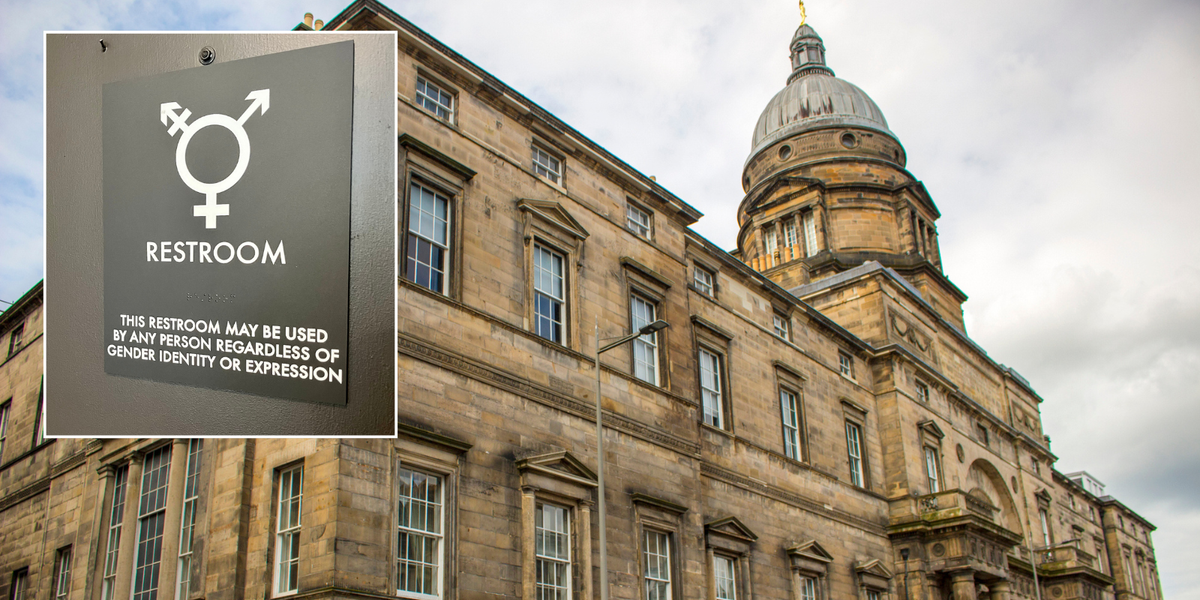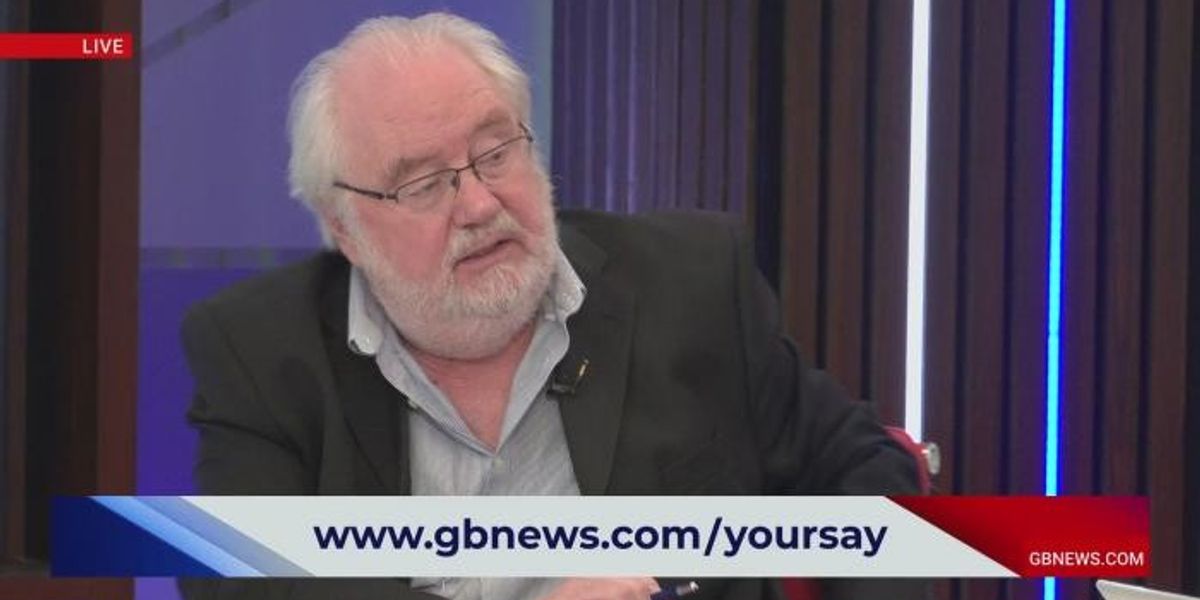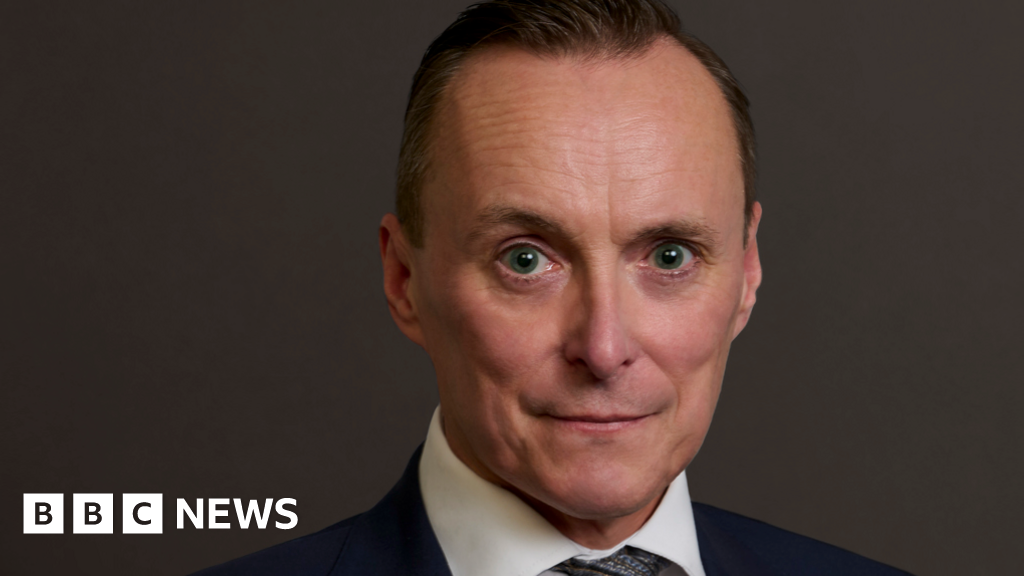Community and musical kinship is Ezra Collective’s foundation stone; one that can be traced back to the youth club Tomorrow’s Warriors, where they first met in central London in 2012.
The charity offers training to musicians who can’t afford private tuition, with a special focus on “those with a background from the African Diaspora and girls, who are often under-represented in the music industry”.
“It’s where I met my best friends,” says Koleoso, who remains a passionate supporter of youth clubs.
“Not to get too deep, but how do you fix domestic violence or the male suicide rate? You teach a 14-year-old boy how to deal with rejection, how to love people, how to control anger, how to respect others.
“Youth clubs can help with that. By the time someone’s 24, it’s almost too late.”
When Koleoso first visited Tomorrow’s Warriors with his brother TJ, they’d already formed a tight rhythm section in their church band. In fact, Femi had been playing drums since he was four.
“Maybe I’m slightly biased, but I think the drums are the best instrument, because you can see what’s going on,” he says.
“When I watch our horn section, I’m hearing thousands of notes, but I’m only seeing three valves. It doesn’t quite make sense. But with the drums, you hit them and they make a sound.
“I wish everything was as simple as that.”
Tomorrow’s Warriors introduced Koleoso to jazz, a genre he’d previously considered elite and inaccessible, and to his future bandmates James Mollison (sax), Ife Ogunjobi (keyboards) and Dylan Jones (trumpet).
Together, they ripped the genre rulebook to shreds, magpie-ing elements of Afrobeat, hip-hop, grime, reggae, Latin, R&B, highlife and jazz to create a sound that bulges with possibility.
“We’re the shuffle generation,” explains Koleoso. “We listen to Beethoven and 50 Cent comes on straight after. That influences the way we approach music: We love jazz but at the same time I love salsa too, so why not try and get that in there?”









